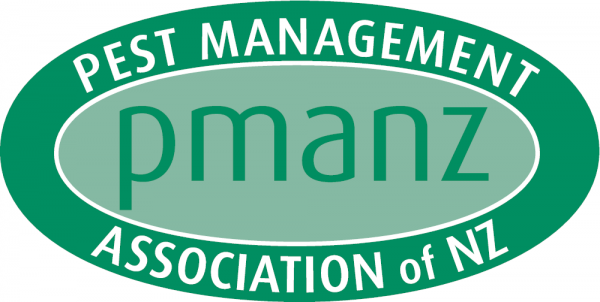About Us » Constitution
RULES OF PEST MANAGEMENT ASSOCIATION OF NEW ZEALAND Inc
The 2018 Constitution has been amended in accordance with the resolution approved by members at the Annual General Meeting on 17 August 2023.
These amendments put into effect the updated categories of individual memberships and the associated qualification requirements.
The updated Constitution was filed with the Societies Register on 18 August 2023 and is, therefore, now in effect.
